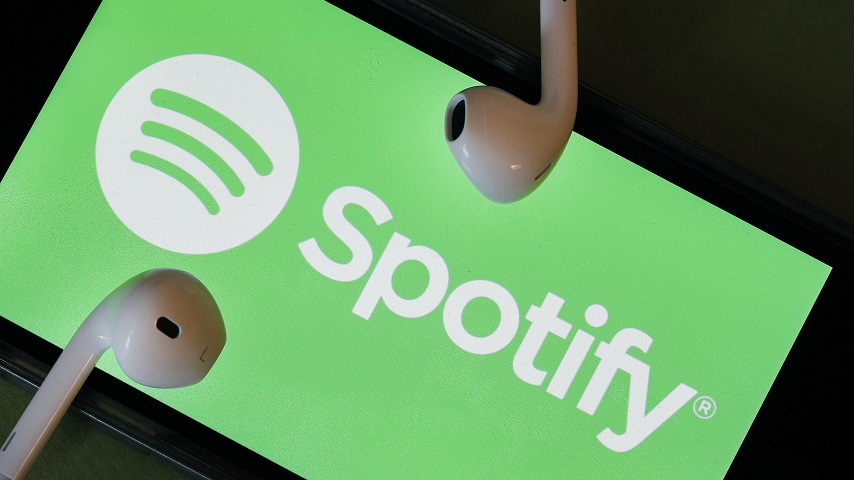For months now, songwriters have spoken out after they claimed a change in Spotify’s bundled payment strategy drastically decreased the royalties they received for their work. In April of last year, the streamer added audiobooks to its premium tier and began splitting the pot of available residuals between both music and book publishers. While Spotify claimed in March that it had paid $4.5 billion to songwriters and publishers over the past two years, the National Music Publishers Association said in June that publishers lost $230 million last year due to the controversial bundling strategy. Earlier this year, the conflict between Spotify and songwriters got so bad that several Grammy-nominated writers boycotted the company’s annual award season party.
Hubert, however, is optimistic that the new deal is “a step in the right direction.” “This deal reaffirms our unwavering commitment to ensuring our songwriters are paid fairly for their work, and underscores the importance of progressive licensing models that reflect the real-world use of music across digital platforms,” he continued in his statement. “We look forward to continuing to work with Spotify to increase the value of songwriter royalties.”
The Kobalt deal is one of several Spotify has made recently. The streamer also partnered with Universal Music Group, Warner Music Group, and Warner Chappell earlier this year, per THR. “We’ve always believed that better partnerships lead to better outcomes,” Spotify co-president and chief business officer Alex Norström said in his own statement. “This agreement with Kobalt boosts our support of songwriters through a licensing model that unlocks new growth and will expand the way music is made and shared today.”
Of course, royalties aren’t the only reason musicians are displeased with Spotify. Over the past few months, several bands have pulled their music off the platform in protest of CEO Daniel Ek’s $700 million investment in Helsing, a German company that creates military drones and AI-driven defense software. “We don’t want our music killing people,” indie rockers Deerhoof wrote in a statement announcing their departure in June. Other groups including King Gizzard and the Lizard Wizard and Xiu Xiu have followed suit. While Spotify’s new deal with Kobalt may help one group of frustrated artists, the company will have to do a lot more to win these self-exiled bands back.

 Keep scrolling for more great stories.
Keep scrolling for more great stories.
